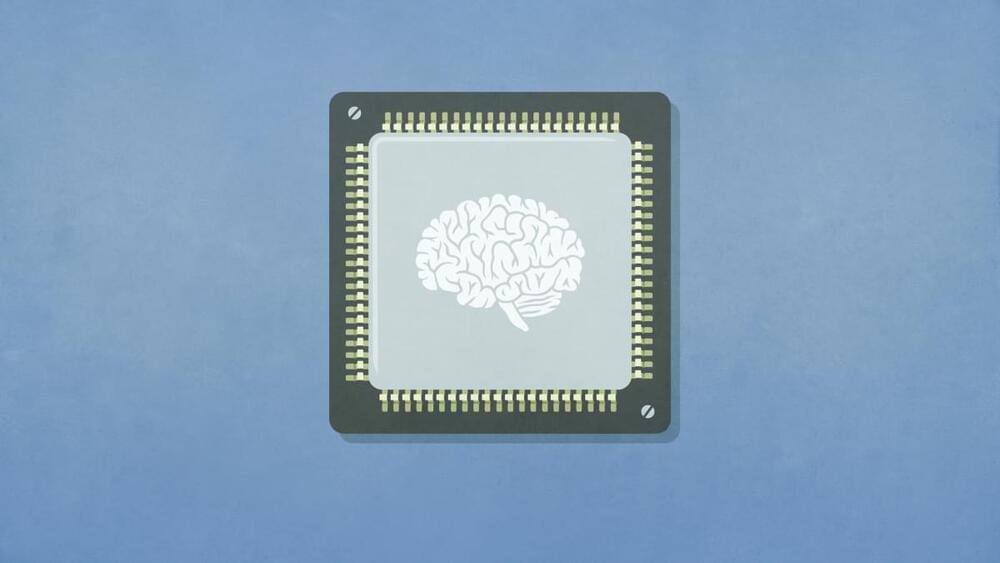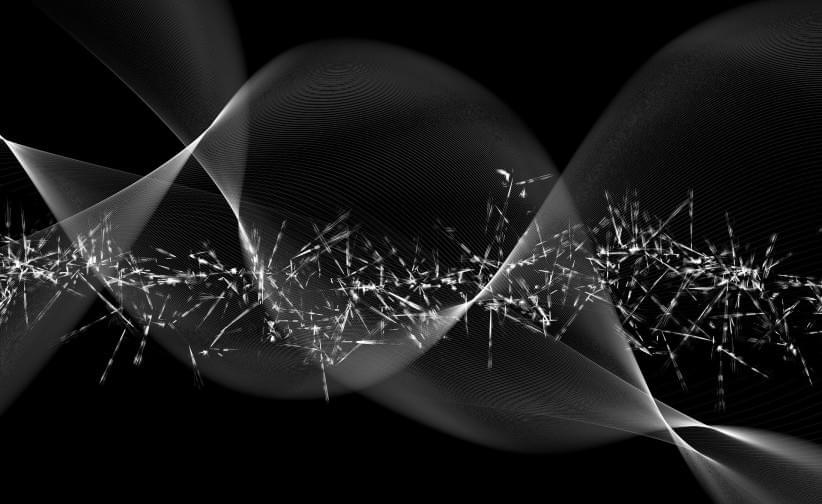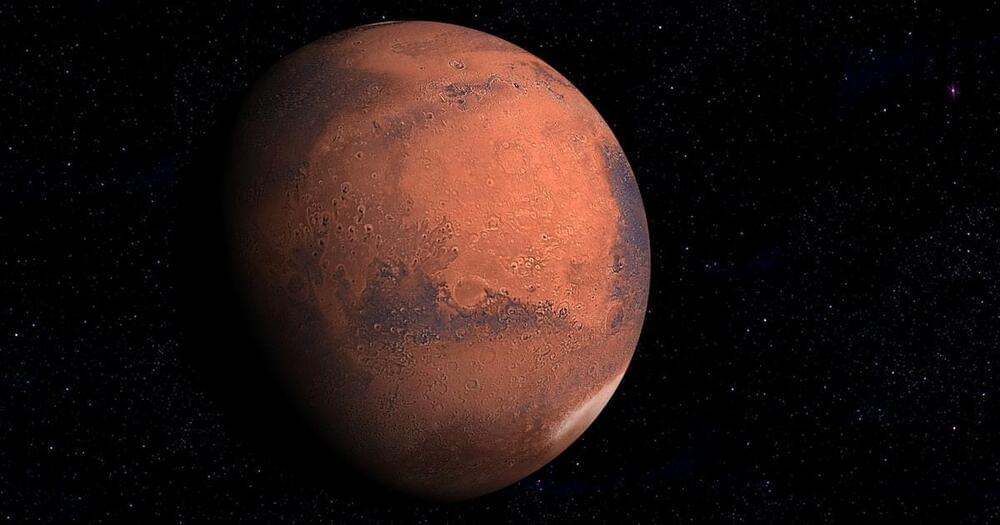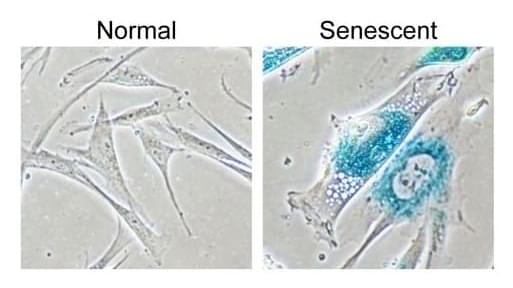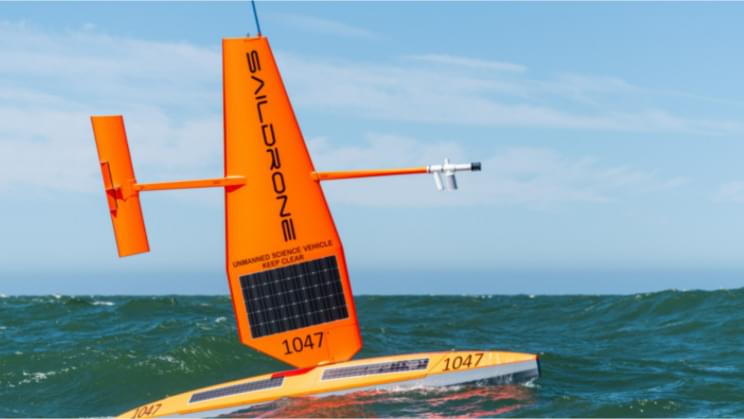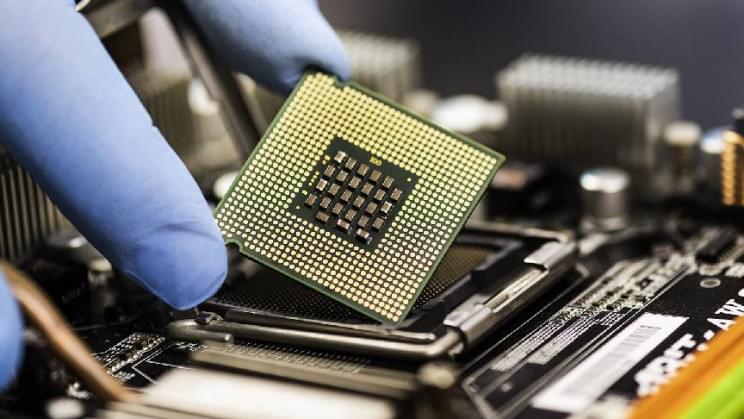Dec 12, 2021
Reddit-trained artificial intelligence warns researchers about… itself
Posted by Genevieve Klien in categories: ethics, habitats, robotics/AI
But wait, should we believe it?
An artificial intelligence warning AI researchers about the dangers of AI sounds like the setup of a delightful B movie, but truth is often stranger than fiction.
A professor and a fellow at the University of Oxford came face to face with that reality when they invited an AI to participate in a debate at the Oxford Union on, you guessed it, the ethics of AI. Specifically, as Dr. Alex Connock and Professor Andrew Stephen explain in the Conversation, the prompt was “This house believes that AI will never be ethical.” The AI, it seems, agreed.
Continue reading “Reddit-trained artificial intelligence warns researchers about… itself” »
